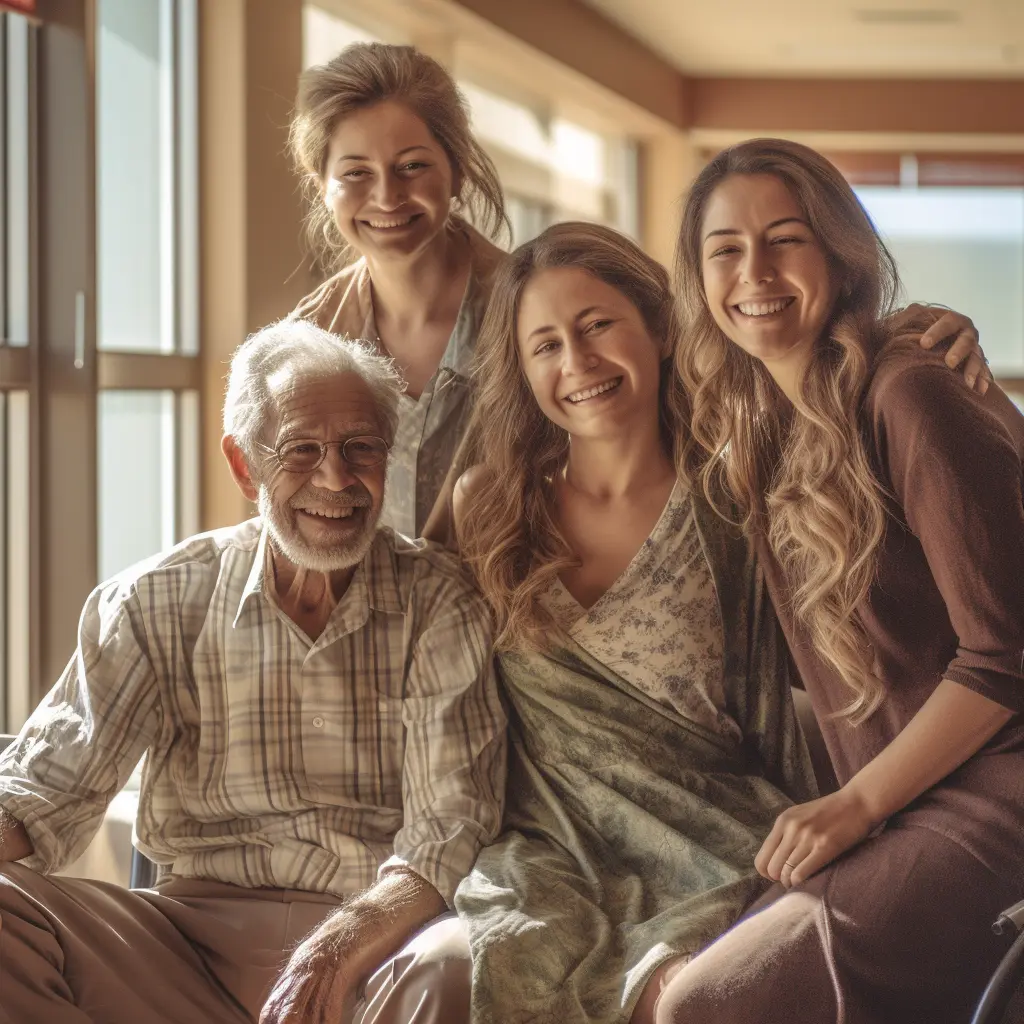Holistic care approaches that address both physical and mental well-being are essential in aged care Perth. Music and art therapy have become integral in enhancing the quality of life for seniors. This article examines the benefits of these therapies, their impact on elderly residents, and their potential role in aged care facilities.
Background
Music and art therapy, both forms of expressive therapy, have significantly contributed to aged care in Perth. Initially considered recreational activities, these therapies have gained recognition for their therapeutic benefits in improving psychological and social well-being. Their effectiveness has led to widespread adoption in aged care facilities as they provide alternative communication methods for individuals with cognitive impairments and foster social connections through group activities.
Benefits of Music Therapy
Music therapy addresses physical, emotional, cognitive, and social needs. Activities include passive listening, singing, playing instruments, and composing music.
- Emotional and Psychological Benefits: Reduces anxiety and depression, improves mood, and provides emotional expression.
- Physical Benefits: Enhances motor skills, improves coordination, and supports respiratory function.
- Cognitive Benefits: Stimulates brain activity, improves memory recall, and helps slow cognitive decline.
- Social Benefits: Encourages group interaction, fostering a sense of community within aged care facilities.
Studies indicate that music therapy programs improve resident engagement, mood, and social interactions, demonstrating its effectiveness in enhancing overall well-being.

Benefits of Art Therapy
Art therapy uses creative processes such as painting, drawing, sculpting, and collage-making to support emotional and cognitive well-being.
- Emotional and Psychological Benefits: Enhances self-esteem, provides a non-verbal communication outlet, and reduces stress and anxiety.
- Cognitive Benefits: Stimulates brain activity, supports memory retention, and encourages focus.
- Physical Benefits: Improves fine motor skills and promotes hand-eye coordination.
- Social Benefits: Facilitates group interaction, fostering relationships and social engagement.
Case studies highlight improvements in mental well-being, increased participation in group activities, and stronger peer connections following art therapy sessions.
Combined Impact of Music and Art Therapy
Integrating music and art therapy offers a holistic approach to aged care. The combination stimulates different brain regions, enhances cognitive function, and provides varied opportunities for social interaction. Many aged care facilities have reported positive outcomes, including improved mood, increased memory recall, and greater resident engagement through these combined therapeutic interventions.
Challenges and Solutions
Implementing music and art therapy in aged care facilities presents several challenges:
- Resource Limitations: Securing musical instruments, art supplies, and designated spaces can be financially demanding.
- Shortage of Trained Professionals: Access to qualified therapists remains a barrier.
- Resident Resistance: Some individuals may be hesitant to participate due to unfamiliarity or perceived lack of ability.
Solutions include securing funding through grants or donations, forming partnerships with educational institutions for training opportunities, and introducing therapy sessions in a gradual, supportive manner to encourage participation.
Conclusion
Music and art therapy provide significant benefits to aged care residents in Perth, enhancing mental, physical, and emotional well-being. Their integration in aged care facilities contributes to improved quality of life, fostering engagement, social interaction, and cognitive stimulation. With ongoing commitment and innovation, these therapies can continue to support seniors in leading fulfilling lives.
